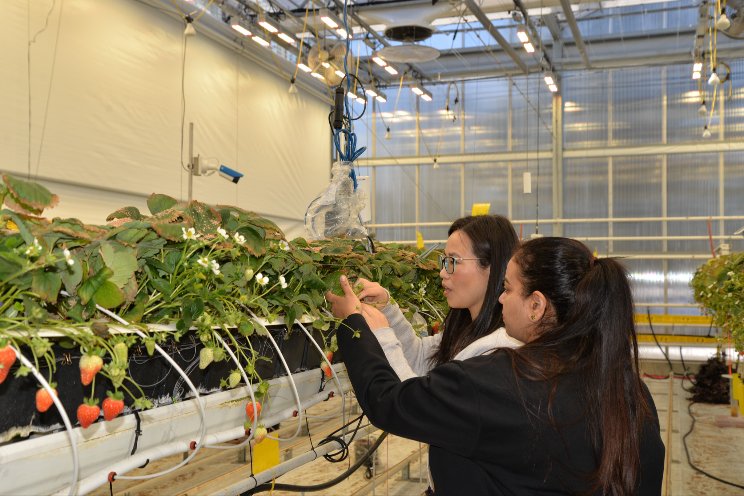AmericanHort is fighting for you on transportation issues
Added on 18 March 2020

Background on Logs
Trucking in the U.S. is regulated by the Federal Motor Carrier Safety Administration (FMCSA), a division of the Department of Transportation (DOT). FMCSA requires drivers to keep logs of their activity (when driving, loading, resting, etc.) to comply with safety limitations on how much work each driver can do per year.
These Hours of Service (HOS) regulations are designed to keep the traveling public safe by ensuring truck drivers don't endanger motorists by trying to cram too many working hours into the day. Drivers would formerly keep paper logs of every hour the truck was in operation and present them upon demand at a DOT or police inspection of their vehicle.
From Paper to Logging Devices
Starting in the 1980s, some drivers began using simple computers known as Automatic Onboard Recording Devices (ABORDs) to record the events formerly logged in these paper books; Engine status, truck speed, miles driven, locations visited, and most importantly the driver's duty status.
In 2012, Congress passed the Moving Ahead for Progress in the 21st Century Act. This law mandated all drivers and fleets adopt more advanced Electronic Logging Devices (ELDs) by December of 2017. These devices would tie directly into the truck's diagnostic systems and record the identity of the driver and carrier, the driver's duty status, the status of the engine and its operating hours, whether the vehicle was in motion, miles driven, locations visited, and any malfunction data. Most importantly, unlike paper logs, the connection to the vehicle meant logs must be kept accurate and current to be presented for inspection upon request.
The Agricultural Commodity Exception
Understanding that agricultural products require more flexibility in transportation due to their perishability and the special handling required to load/unload them from a vehicle, the FMCSA created special rules for individuals shipping these goods.
When transporting a qualified commodity, drivers are exempt from the Hours of Service requirements so long as they're transporting the goods to a destination that is within 150 air-miles of the origin. From chrysanthemums to cattle, this exemption ensures that the goods arrive healthy and quickly and that drivers aren't penalized for the special handling requirements of these products.
AmericanHort's Advocacy Steps
When the ELD mandate took effect, AmericanHort began hearing from members about a few unintended consequences of these changes.
First, the supply of truckers began to decrease as drivers without ELDs installed in their vehicles could no longer move freight. Second, drivers hauling agricultural products and operating under the agricultural exemption were being told by federal inspectors that horticultural products don't qualify as agriculture. If this were true, marketplace rates for hauling green products with common carriers would increase, as hauling these goods would lead to increased loading and cleaning times for trucks would all count against a driver's limited hours, lowering the amount of freight they could move in a day and increasing prices for you.
With these dual challenges conspiring to affect your bottom line, we've been working to clarify that horticultural goods do count as agricultural commodities for the purposes of this regulation. Last year, Congressmen Austin Scott (R-GA) and Sanford Bishop (D-GA) introduced the Agricultural Trucking Relief Act (H.R. 1673) which would clarify this position in law. We encouraged Senators David Perdue (R-GA) and Jeff Merkley (D-OR) to introduce a companion bill in the Senate (S. 2025) just a few months later.
The House bill boasts 34 cosponsors, and the Senate bill nine, so both bills have gained healthy bipartisan support. Our conversations with the Trump Administration have been equally fruitful. Earlier this year, the FMCSA opened a rulemaking seeking to clarify the definition internally. AmericanHort submitted comments encouraging the agency to properly and clearly define agriculture and eliminate the ambiguity that has caused these issues.
This is just one of the ways AmericanHort helps defend your interests in Washington. Stay tuned for other advocacy primers outlining the other ways our team works to help you perform better, grow faster, and prepare for the future.
Source and Photo Courtesy of Greenhouse Grower
Source: Greenhouse Grower
More news















